Projects
Individual Development
To the project browser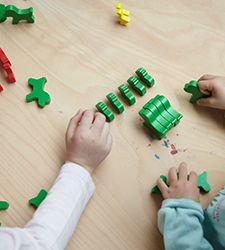
ExFunKi
The ExFunKi project aims to improve the diagnosis of executive functions in preschool children.
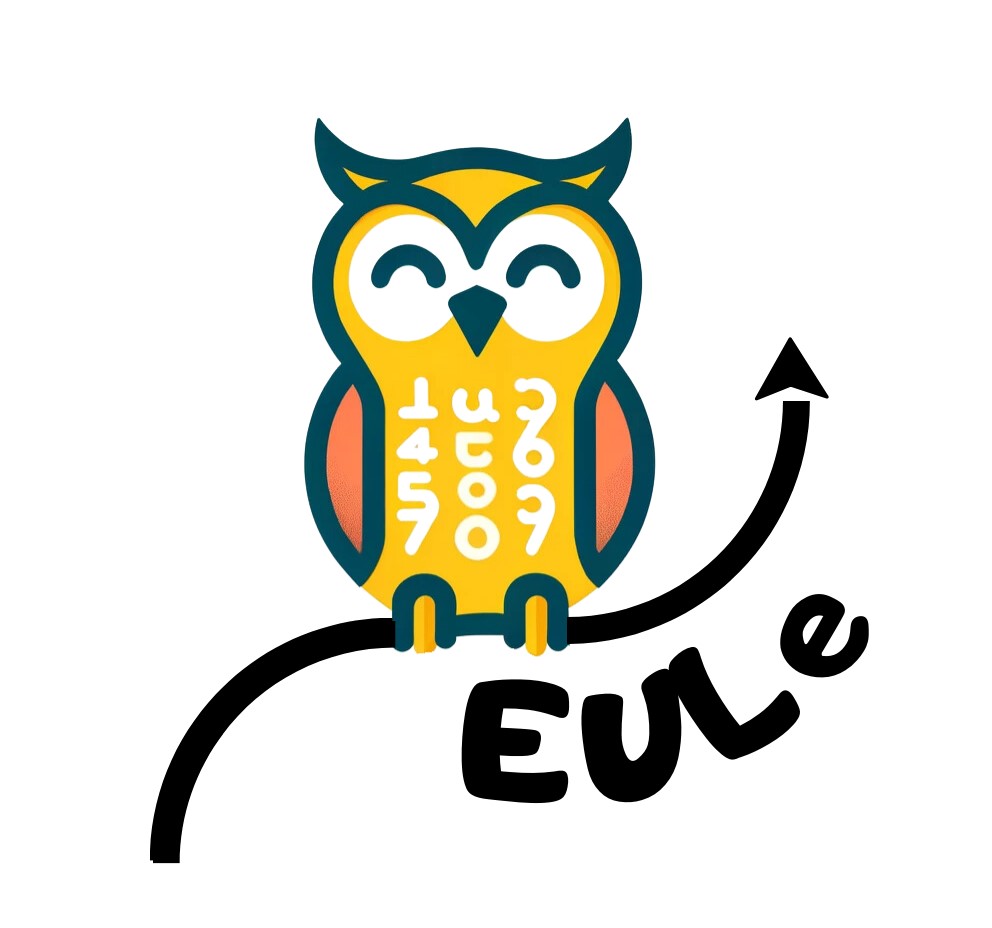
EULe
The project “EULe – Erfolgreich Unterrichten mit Lernverlaufsdiagnostik” aims to support 10 primary schools in North Rhine-Westphalia in developing and implementing school-specific, data-based and adaptive support concepts based on learning progression diagnostics.
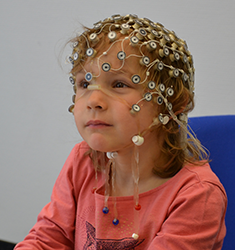
EiKlar
The aim of the project is to use neurophysiological measures to better understand cognitive, affective and behavioural teaching-learning processes in the classroom and to relate them to different teaching methods and quality characteristics.
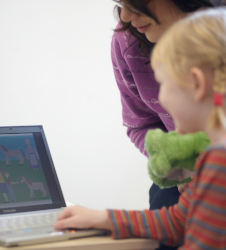
DigitLern
The DigitLern project aims to explore the opportunities and challenges of (digital) distance learning and teaching during the coronavirus pandemic for children and young people with learning difficulties.
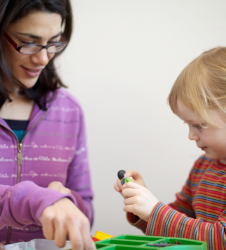
DiaS-K
The DiaS-K project will interview educators in kindergartens and doctors who carry out school entry examinations to find out what instruments for diagnosing self-regulation at kindergarten age need to look like so that they can be used in practice.
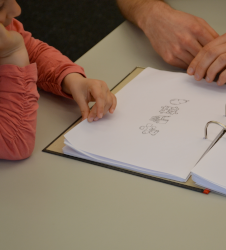
COINS
The aim of the COINS project is to identify key features of instruction-sensitive test items that can be taken into account in the development of standardised performance tests.
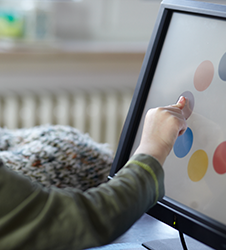
AHKi
The AHKi project aims to investigate which early temperamental characteristics and cognitive abilities can be used to identify which children are at risk of developing ADHD symptoms.
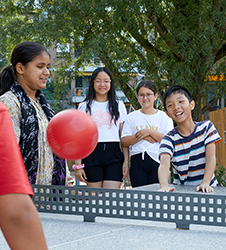
DYNAMIC Kids
In the DYNAMIC Kids sub-project of the DYNAMIC Center, we are investigating the mental health of children and adolescents using dynamic network analyses. This takes individual processes into account. We aim to provide a better understanding of individual risk and resilience factors, which will serve as a basis for personalized interventions.
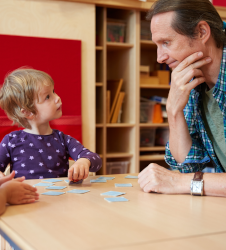
SPEAK-Phonology
The research project SPEAK-Phonology is a part of the joint project SPEAK (https://www.validierungsfoerderung.de/validierungsprojekte/speak). This part of the project focuses on developing standard values for a nonword repetiton test that was specifically constructed with multilingual children in mind. Standard values will be calculated for multilingual children between the ages of 4 and 8 and will take their individual biographies of acquisition into account.

TschAu
The project aims to develop a standardized achievement test for students in grades three to six, which can be used to assess specific competences and impairments in written expression.